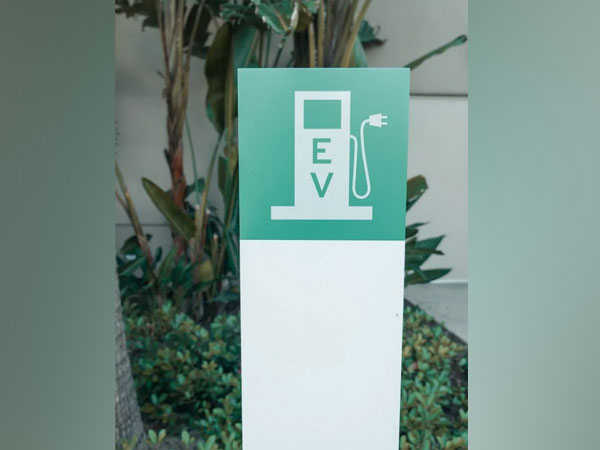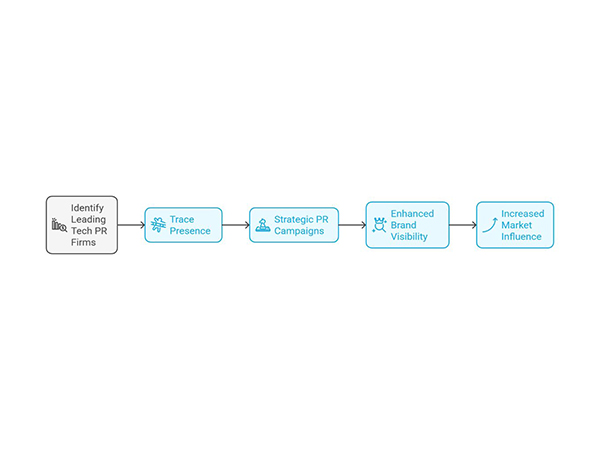Chinese electric cars in the midst of a tense battle
Sep 19, 2024
Beijing [China], September 19: China's electric vehicles (EVs) are looking to increase their competitiveness in the global market amid tariffs imposed by many parties.
China and Germany are working together to lobby EU members not to approve a tax increase on Chinese EVs, the South China Morning Post reported on September 17. EU members are expected to vote on the issue next week.
Amidst the siege
Recently, the EU proposed to increase tariffs on EVs originating from China because the Chinese government has over-subsidized the EV industry , leading to unfair competition. Meanwhile, many German automakers are also joint ventures with Chinese partners to produce EVs in the mainland. That makes many German-Chinese joint venture EV products also affected when sold on the European market with additional tariffs of up to 35.3%, so Germany has to join forces with China.
Not only the EU, the US has also increased tariffs on Chinese EVs. Most recently, Nikkei Asia reported that the administration of US President Joe Biden last weekend finalized a series of sharp tariff increases on imports from China. Of which, the import tax on Chinese EVs is up to 100%, while some other items are: 50% for solar panels and 25% for steel, aluminum, EV batteries and primary minerals. The above tax increase is expected to take effect from September 27. Previously, the import tax on Chinese EVs to the US was 25%.
Competitive card
Despite such difficulties, the business results of Chinese EVs still show positive signs. According to the latest data from the South China Morning Post , among the 10 best-selling EV models in Spain, there are models from Chinese brands MG, Volvo and BYD owned by Geely. However, the first two positions on this list are the Model 3 and Model Y lines of Tesla (USA).
Chinese carmakers are luring Spanish consumers with low prices, with Chinese EVs selling for around €28,000, just 60-70% of the price of similar models from Western brands like Tesla or BMW. Of course, this advantage could be reduced if the EU increases import duties on EVs from China.
Low prices are also a competitive card that Chinese automakers are aiming for in the US market, even with increased import tariffs. Nikkei Asia analyzed that in the US, even the leader Tesla does not have an EV product that sells for less than $30,000, and no US EV model is as cheap as a gasoline-powered car.
The newspaper quoted Joe McCabe, CEO of US research firm AutoForecast Solutions, as saying that BYD's lowest price in the US is $12,000. Even with a 100% tariff, BYD's cheapest EV model could sell for less than $25,000, cheaper than most competitors. In addition, BYD's plan to open a factory in Mexico is seen as a way to "circumvent the law" and avoid high US tariffs to maintain its price advantage.
Spread to many markets
In addition, Chinese EVs are also looking to expand into many other markets. Recently, China's largest electric vehicle manufacturer, BYD, officially opened a factory in Thailand. This is BYD's first factory in Southeast Asia and has an expected capacity of 150,000 vehicles/year, including 2 types of EVs: pure electric vehicles (BEV) and plug-in hybrid vehicles (PHEV).
According to Reuters, Chinese EV manufacturers have invested a total of $1.44 billion as of June to build factories in Thailand - a country considered a regional auto assembly and export hub and long home to Japanese automakers such as Toyota and Honda. According to market research firm Counterpoint, BYD accounted for 46% of the EV market share in Thailand in the first quarter of 2024. Many Chinese EV brands have invested in the Southeast Asian market. Typically, BYD, Xpeng and Geely are pumping billions of dollars into investing in Indonesia, Thailand and Malaysia, aiming to increase their market share in these markets.
Beyond Southeast Asia, Chinese EV makers are pushing to expand into Africa. In Nairobi, China's Neta Auto has launched the Neta V, priced at around $31,000 and with a range of around 380 km on a single charge. Neta Auto has also signed a memorandum of understanding with Kenya-based Associated Vehicle Assemblers (AVA) to assemble 250 EVs per month. From there, Neta Auto aims to develop Kenya into an EV export hub to Africa.
Source: Thanh Nien Newspaper








